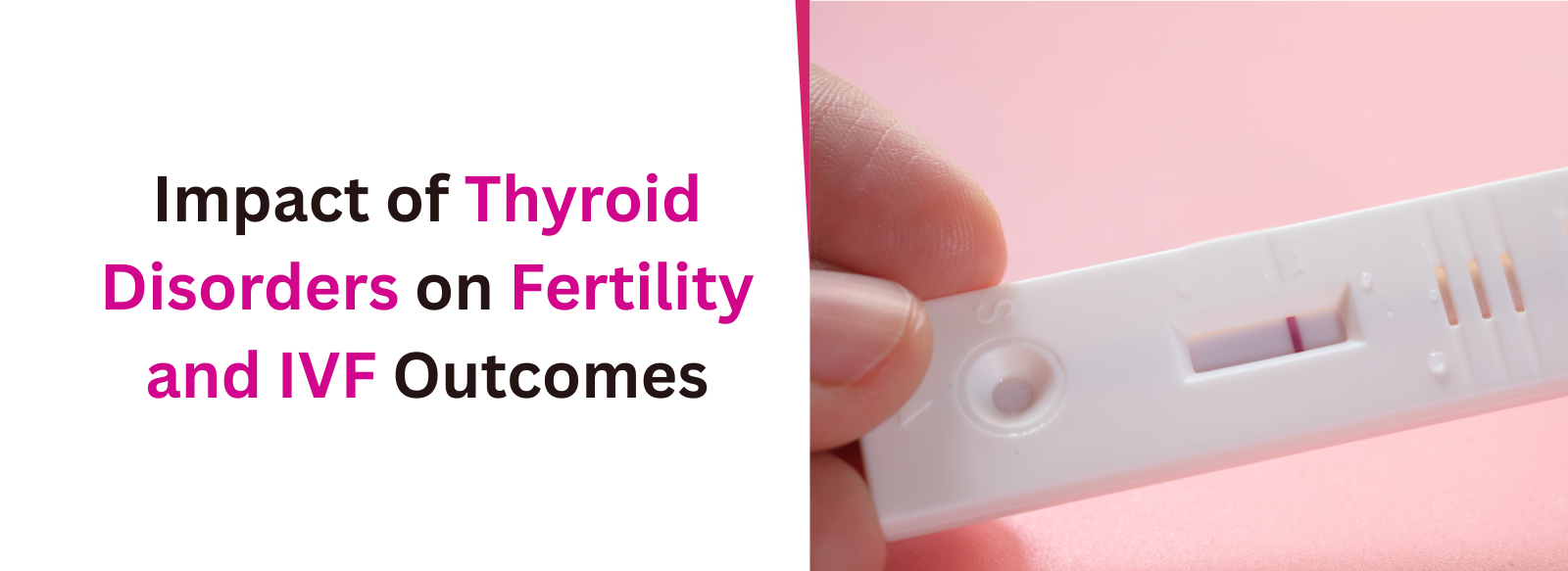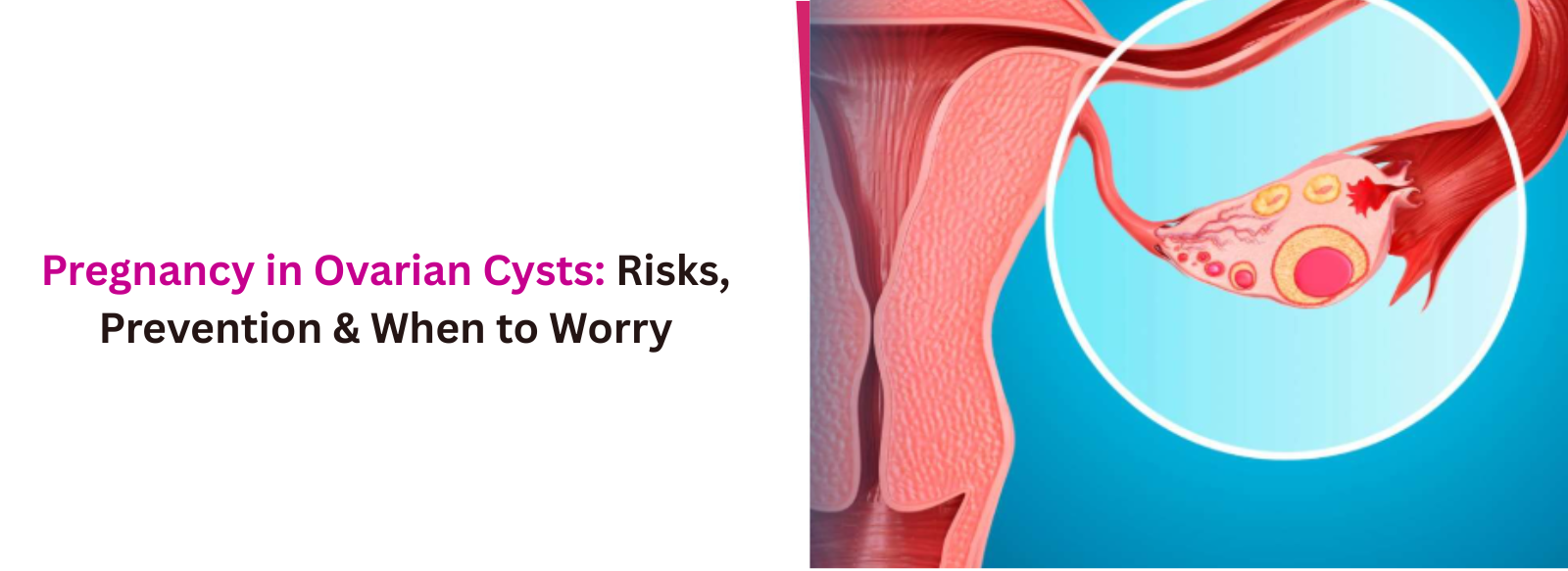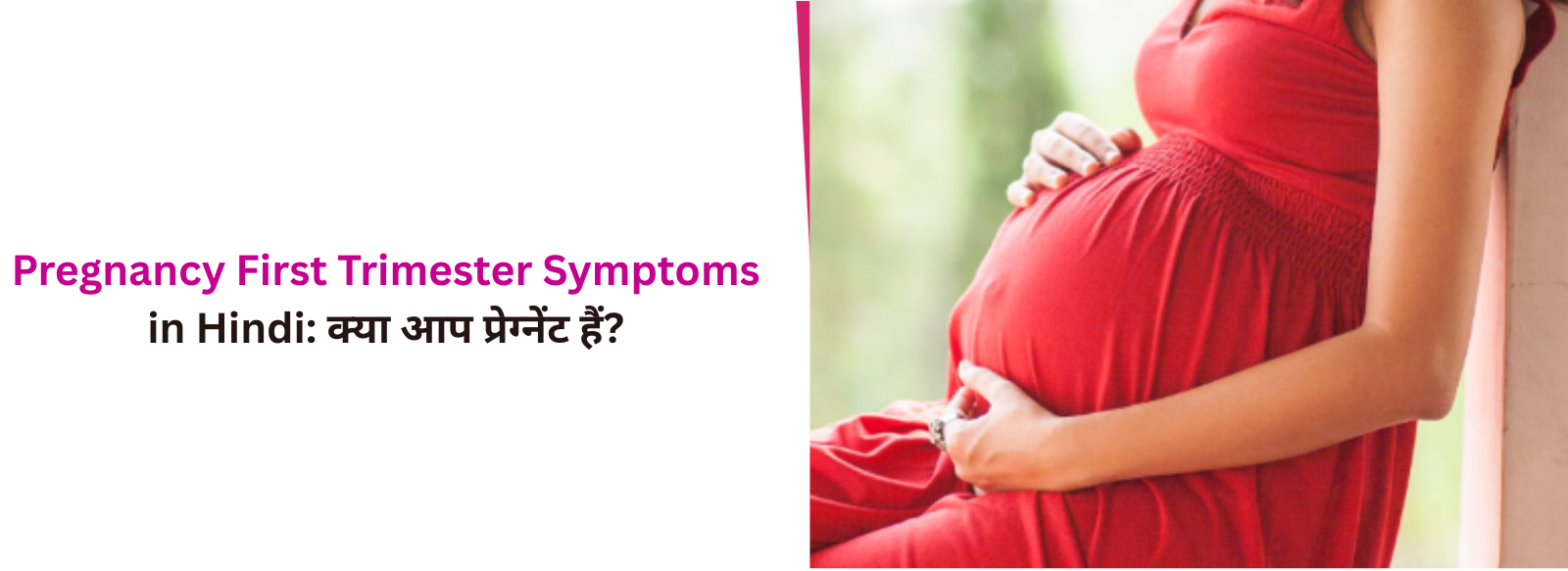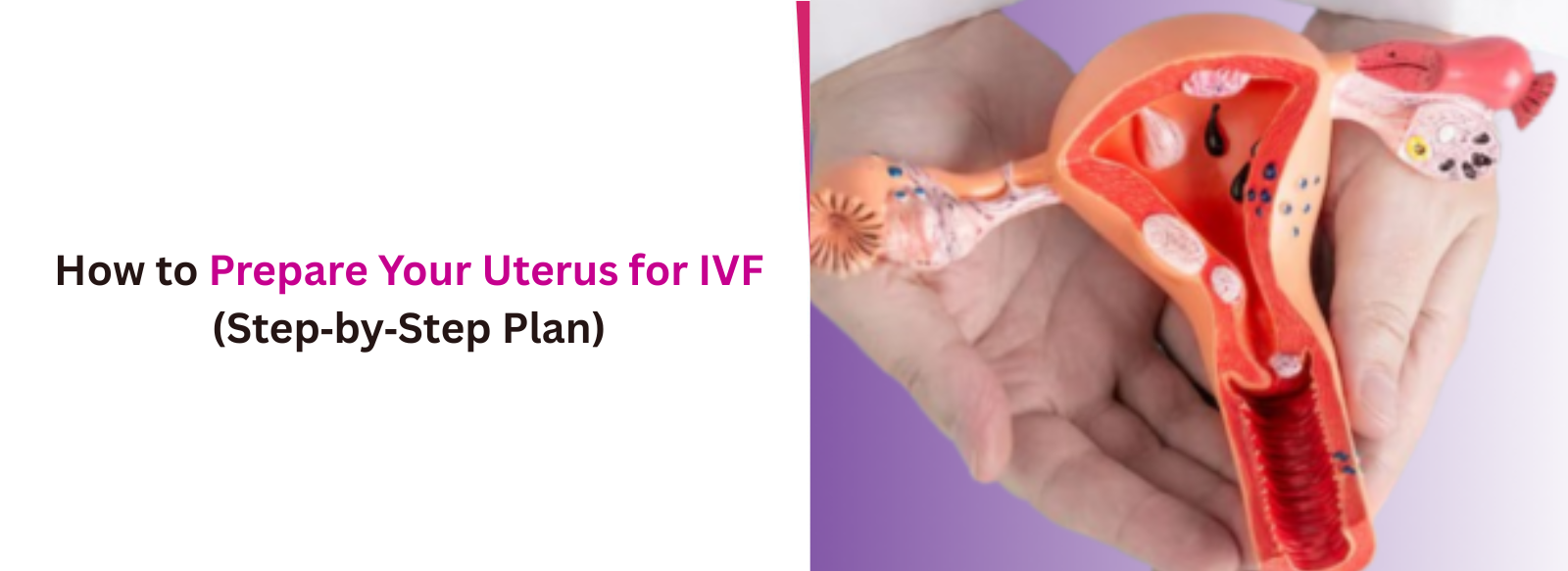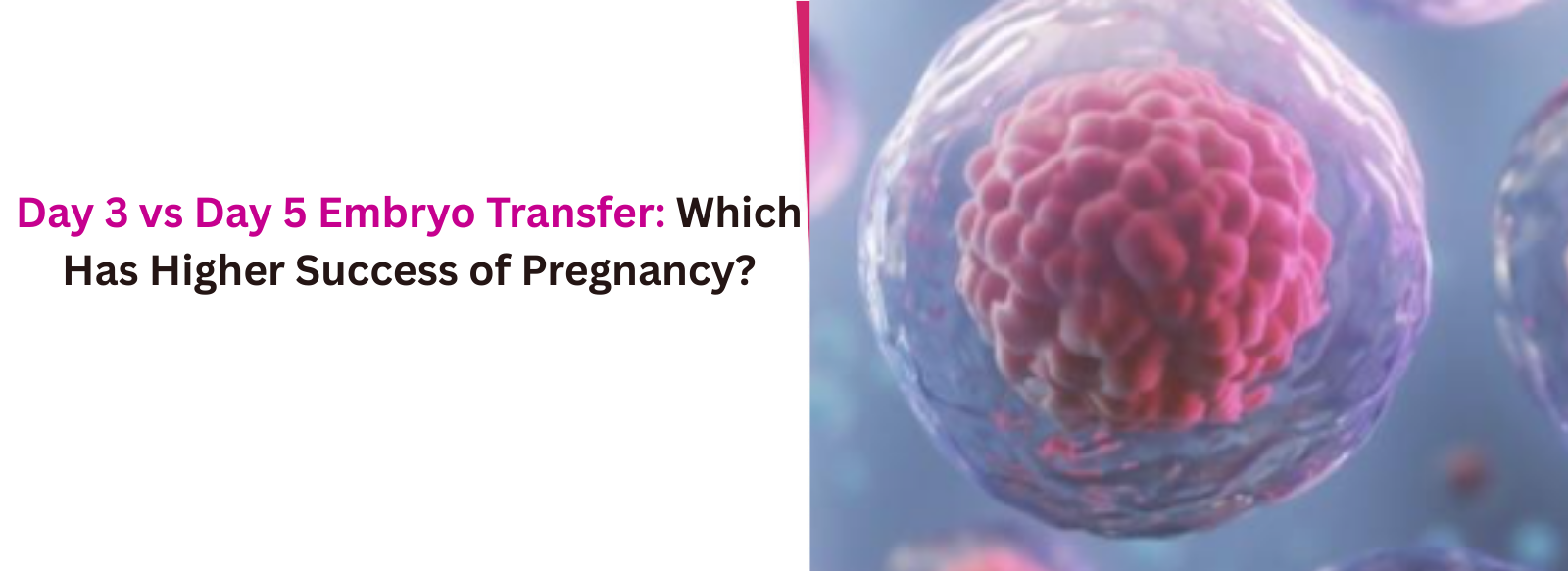The thyroid gland, a small butterfly-shaped organ in the neck, plays an outsized role in overall health. Beyond regulating metabolism, it also affects a woman’s menstrual cycles, ovulation, and ability to conceive. For couples considering IVF (In-Vitro Fertilization), understanding how thyroid disorders influence fertility and treatment outcomes is essential.At Vardaan IVF, we often meet women struggling with unexplained infertility who later discover underlying thyroid imbalances. Correcting these can make a significant difference in both natural conception and assisted reproductive treatments.
Types of Thyroid Disorders That Affect Fertility
- Overt Hypothyroidism – When thyroid hormone levels (T4/T3) are low and TSH is high. Women may experience irregular cycles, heavy bleeding, weight gain, fatigue, and reduced ovulation.
- Subclinical Hypothyroidism – A “silent” condition where TSH is slightly elevated, but T4 levels remain normal. Though symptoms are subtle, it can still disrupt fertility and IVF success.
- Hyperthyroidism – Overactive thyroid (low TSH, high T4/T3) can cause anxiety, weight loss, palpitations, and menstrual irregularities, interfering with conception.
- Thyroid Autoimmunity – Even if hormone levels are normal, the presence of antibodies (TPOAb, TGAb) can increase miscarriage risk and reduce implantation chances.
How Thyroid Disorders Affect Reproductive Health
- Ovarian Function: Thyroid hormones influence egg development. Imbalances can reduce oocyte quality and ovarian reserve.
- Menstrual Regularity: Both underactive and overactive thyroid disrupt hormone balance, causing irregular or absent periods.
- Endometrial Health: A healthy uterine lining is critical for embryo implantation. Thyroid dysfunction can reduce receptivity.
- Pregnancy Loss: Hypothyroidism and autoimmunity increase miscarriage risks.
- Hormonal Interplay: Thyroid hormones interact with estrogen, FSH, and LH. When out of sync, ovulation and fertilization are compromised.
IVF Outcomes and Thyroid Disorders – What Research Shows
- Overt Hypothyroidism: Untreated cases lower chances of conception and increase miscarriage. With levothyroxine treatment, outcomes improve significantly.
- Subclinical Hypothyroidism: Studies show mixed results. Some report lower pregnancy rates in IVF, while others see no major difference. However, treatment is usually recommended, especially if TSH > 2.5 mIU/L.
- Hyperthyroidism: Poorly controlled cases can cause poor ovarian response and complications during pregnancy.
- Thyroid Autoimmunity: Women with antibodies may have normal hormone levels but lower IVF success rates—fewer eggs retrieved, lower implantation rates, and higher miscarriage risk.
Clinical Approach: Screening & Management in IVF
Managing thyroid health during IVF involves three critical steps—screening, treatment, and ongoing monitoring—to ensure the best possible outcomes.Screening
Before starting an IVF cycle, it is essential to assess a woman’s thyroid health. At Vardaan IVF, tests such as TSH, Free T4, and thyroid antibodies (TPOAb, TGAb) are included in the pre-IVF evaluation. These markers help identify both obvious and subtle thyroid issues that might otherwise go unnoticed. By detecting thyroid dysfunction early, doctors can correct imbalances before ovarian stimulation begins, reducing the risk of treatment delays and improving the chances of a smooth IVF journey.Treatment
If abnormalities are found, timely treatment ensures that thyroid health does not interfere with fertility outcomes. Women with hypothyroidism are usually prescribed levothyroxine to bring TSH levels within the optimal range (ideally below 2.5 mIU/L before IVF). Hyperthyroidism, on the other hand, requires careful control with anti-thyroid medications to stabilize hormone levels without affecting ovarian response. In cases of thyroid autoimmunity, there is no one-size-fits-all treatment, but supportive therapies, lifestyle guidance, and close monitoring can help reduce risks of implantation failure or miscarriage.Monitoring
Thyroid management does not stop once IVF begins—it requires continuous follow-up throughout the process. At Vardaan IVF, hormone levels are checked at key stages: before ovarian stimulation, before embryo transfer, and during the early weeks of pregnancy. Since pregnancy naturally increases the body’s demand for thyroid hormones, medication doses often need adjustment. This proactive monitoring ensures a stable hormonal environment, supporting embryo implantation, healthy pregnancy progression, and better IVF outcomes.Challenges and Controversies
- Subclinical Hypothyroidism: Some experts argue not all cases need treatment, while others prefer a cautious approach.
- High-Normal TSH: Is a TSH of 3.0 still “normal” or harmful for IVF? Research is ongoing.
- Autoimmune Antibodies: Their exact role is debated. Some studies show reduced outcomes, others find minimal impact.
Vardaan IVF’s Perspective
At Vardaan IVF, we follow a holistic and evidence-based protocol:- All patients undergo thyroid screening before IVF.
- Treatment is initiated promptly if abnormalities are detected.
- Patients are counselled on how thyroid health impacts fertility, ensuring they are partners in decision-making.
- We aim for balanced hormone levels, not just “normal reports”, before starting IVF cycles.

